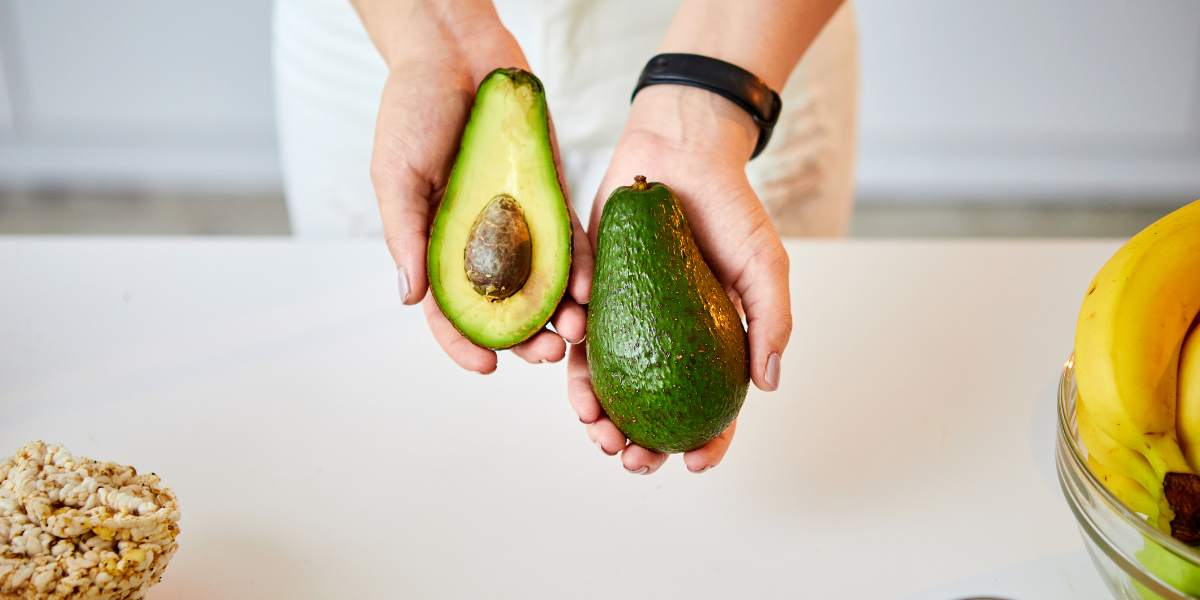Regularly eating avocados is just as effective as semaglutide when it comes to losing weight, a nutritionist has said.
Branded as Wegovy and Ozempic, the weight loss jabs will soon be used to reduce the rocketing obesity rates in the UK.
Used by several Hollywood stars, the injections trigger weight loss by copying the actions of the GLP-1 hormone, which makes us feel full and prevents overeating.
- Warning that Ozempic and Mounjaro can trigger accelerated aging
- TikTok influencer describes weight gain after quitting Ozempic
However, the weight loss drugs do cause negative side effects, such as constipation, diarrhoea and nausea.
Nutritionist, Dr Emma Beckett believes that some foods “can do the same thing – without the side effects.”
She said: “The nutrients that trigger GLP-1 secretion are macronutrients. There is evidence that by choosing foods high in these nutrients, GLP-1 levels can be increased.
“This means a healthy diet, high in GLP-1 stimulating nutrients can increase GLP-1 levels. This could be foods with good fats, like avocado or nuts, or lean protein sources like eggs. And foods high in fermentable fibres, like vegetables and whole grains, feed our gut bacteria, which then produce short chain fatty acids able to trigger GLP-1 secretion.”
Currently, the weight loss jab, Ozempic, is available on the NHS for some people living with type 2 diabetes.
TV presenter Jeremy Clarkson, Twitter boss Elon Musk and reality stars Khloe and Kim Kardashian have all reportedly used the drug to lose weight.
Clinical trials reveal that Wegovy and a healthy lifestyle can help an individual lose 15% of their weight in 68 weeks.
- Health warning issued after new trend encourages people to self-make weight loss injections
- Mounjaro may soon be approved by NHS for weight loss
People with a BMI of 35 or more will soon be able to access the weight loss jab in the UK. However, people must have a minimum of one weight-related comorbidity to receive Wegovy on the NHS.
Dr Beckett noted: “Dietary and medication solutions often put the focus on the individual making changes to improve health outcomes. But systemic changes, that reduce the pressures and barriers that make healthy eating hard – like shortening work weeks or raising the minimum wage – are much more likely to make a difference.
“It’s also important to remember weight is only one part of the health equation. If you suppress your appetite but maintain a diet high in ultra-processed foods low in micronutrients, you could lose weight but not increase your actual nourishment.”
She continued: “So, support to improve dietary choices is needed, regardless of medication use or weight loss, for true health improvements.”




